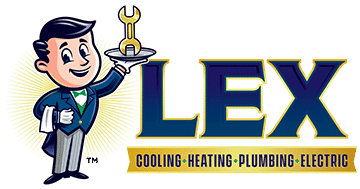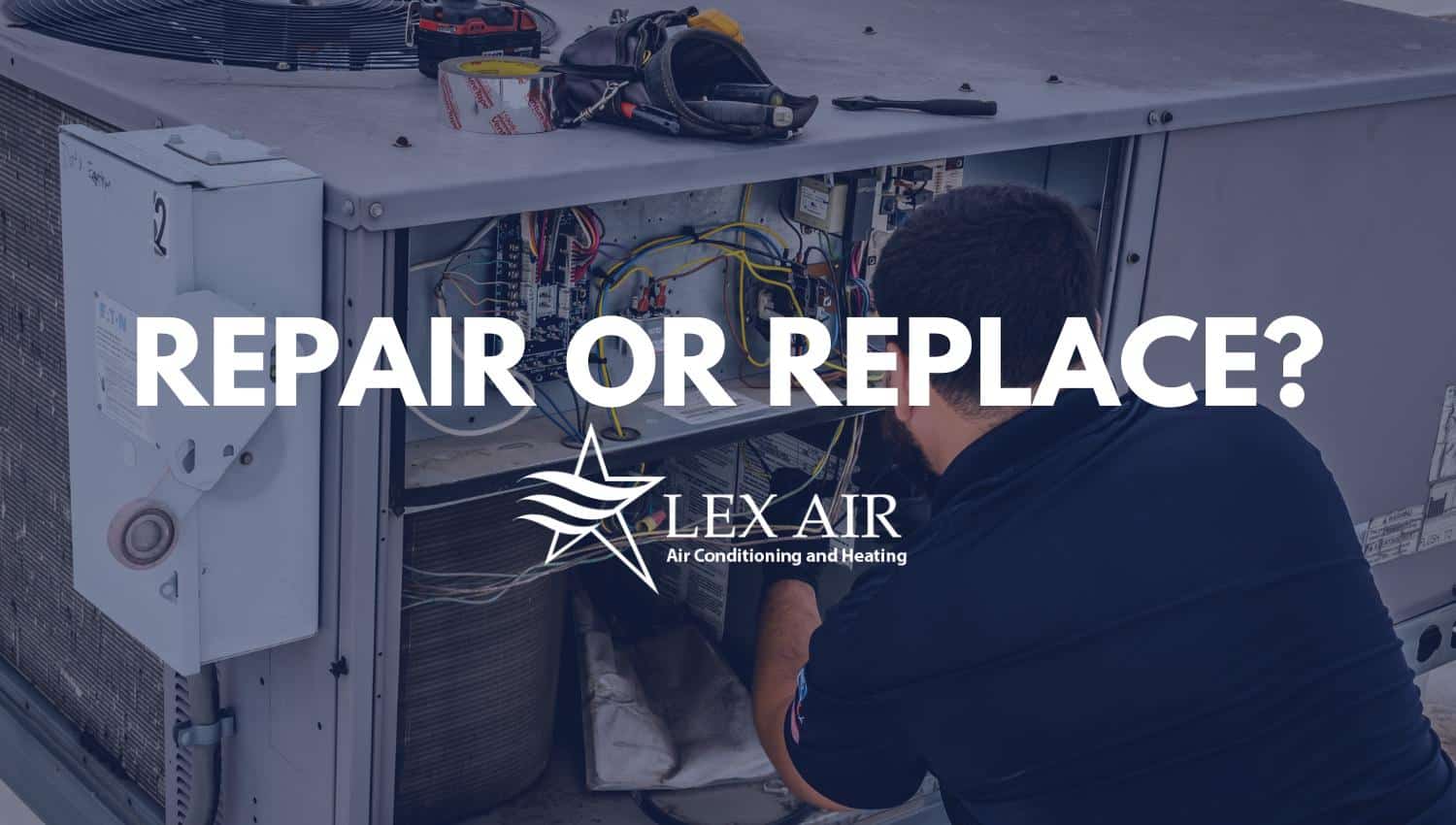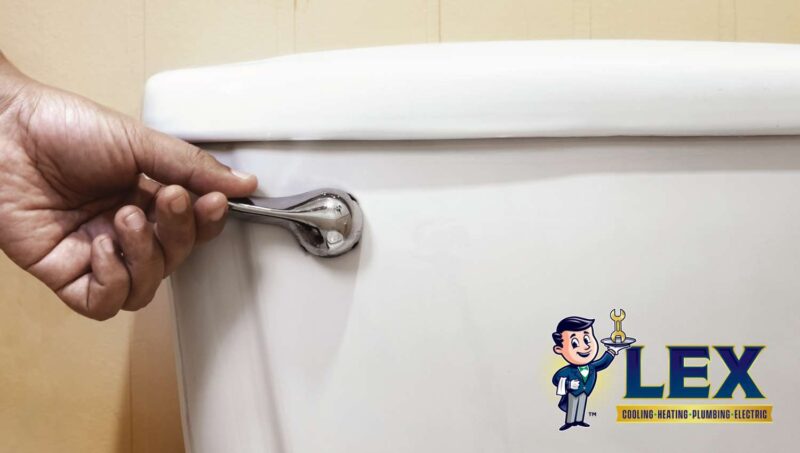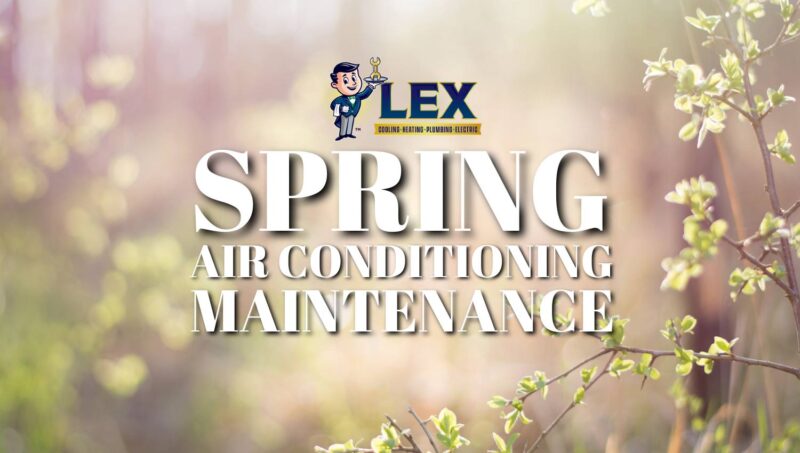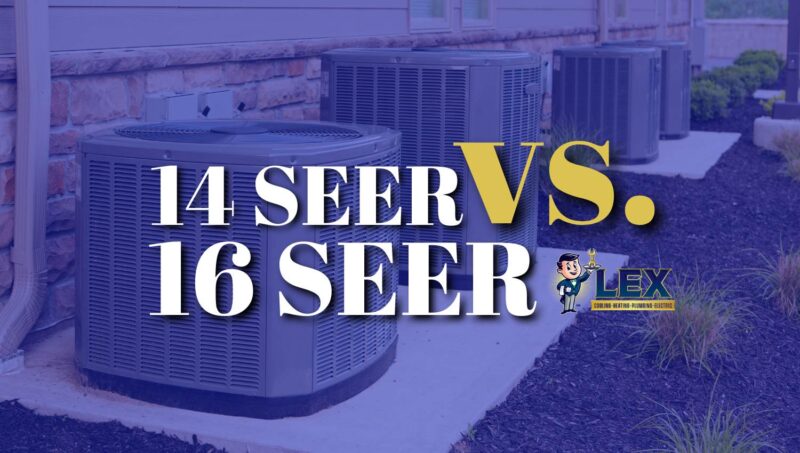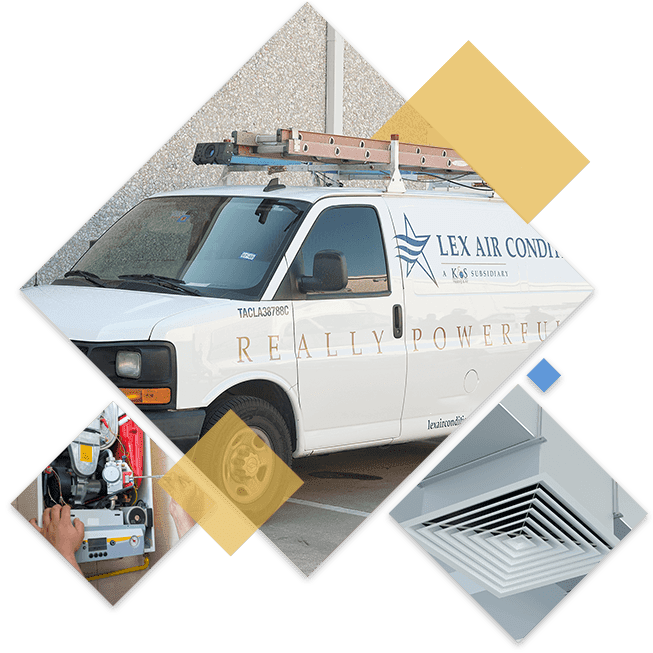As experienced HVAC technicians, many people ask us whether we think they should repair or replace their air conditioning unit. The truth is that it ultimately depends on a variety of factors pertaining to your AC unit. Things like the age of your system and the extent or frequency of the repairs needed are just some of the things that need to be considered. At Lex Air Conditioning & Heating, our Mesquite, Texas HVAC repair technicians know that most homeowners will do whatever it takes to avoid paying for an expensive new HVAC system, but we also know that many times, the cost of repairing your unit may outweigh the cost of installing an entirely new system. That’s why it is important to know when it’s time to repair versus when it’s time to replace your AC unit.
In this post, our North Texas AC repair professionals will provide you with information that can help you decide whether you’re looking at a repair cost or a replacement cost. You can also give us a call at (972) 217-8955 and we’ll come out to inspect your system and give you a more informed opinion.
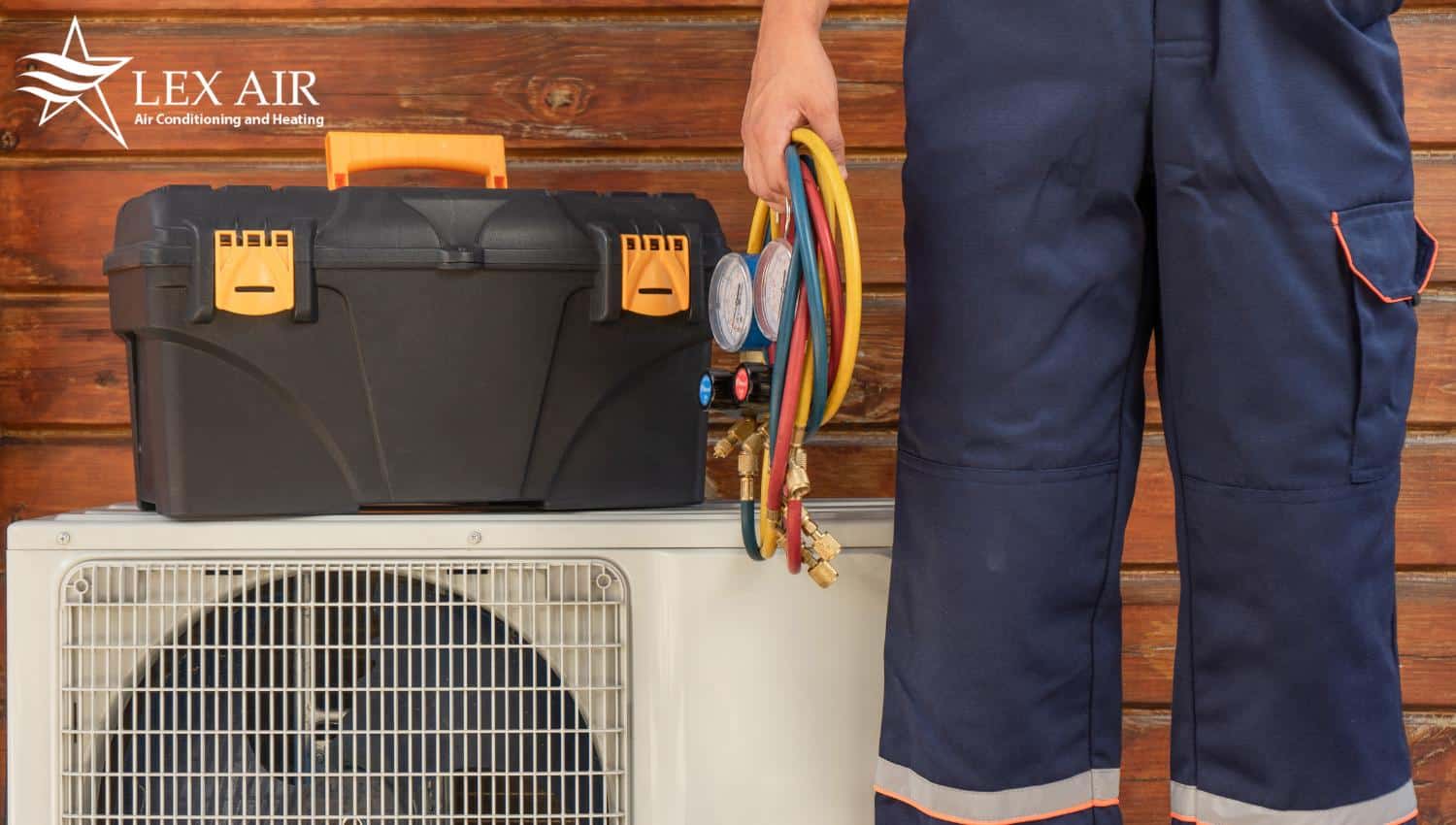
Factors to Consider
The cost alone for your new HVAC equipment may make you want to just repair the existing one rather than replace it. Although the cost of a repair may be minor compared to AC replacement, it does not always mean you won’t have to repair it again in a few months. Rest assured, these frequent repair costs can add up, and QUICKLY.
There are many factors to consider when you are deciding whether to repair or replace your current air conditioner. These include the age of your air conditioner, its maintenance history, the amount you’re spending in energy bills, and other factors.
Age of Your Air Conditioner
The age of your current unit is the biggest factor we try to look for. Older units tend to become less efficient after 15-20 years. If your current AC unit is older than 10 years, you may need to consider replacing it to be more energy efficient.
An easy fix would be a worn fan belt or a small air leak that can be quickly repaired. These are major components that might fail and indicate your HVAC unit is not working properly. An older unit may be working a lot harder to keep up and replacing those minor parts may end up costing you more in the long run. These repair costs certainly add up over time if your unit is working extra hard to provide you a few more years of service. In cases like these, it may be better to go ahead and replace your AC unit for a newer, more energy efficient one.
Maintenance History
Making sure your unit is maintained regularly will always expand the lifespan of your unit. Obtaining routine maintenance is usually very simple and takes very little time to achieve. A cooling or heating system that has not been regularly maintained will definitely require more repairs and may very well lead to premature replacement.
For example, your HVAC unit collects more dust particles in the indoor coils than the outdoor coils. Cleaning these coils on a regular basis keeps that cool air flowing into your home. Your outdoor coil also sees its fair share of pollutants. You may see things like grass, bugs, and dirt blown into the coils. Another example is a refrigerant leak. Refrigerant is a crucial component in your air conditioning system. It helps absorb heat from the environment to convert it into an air flow that cools when combined with other components. Without refrigerant, your HVAC system simply would not work. It is important to check for leaks frequently. Failing to clean indoor and outdoor coils, inspect/address potential leaks, and properly maintain other parts of your AC unit can lead to expensive repairs and decrease the life expectancy of your unit.
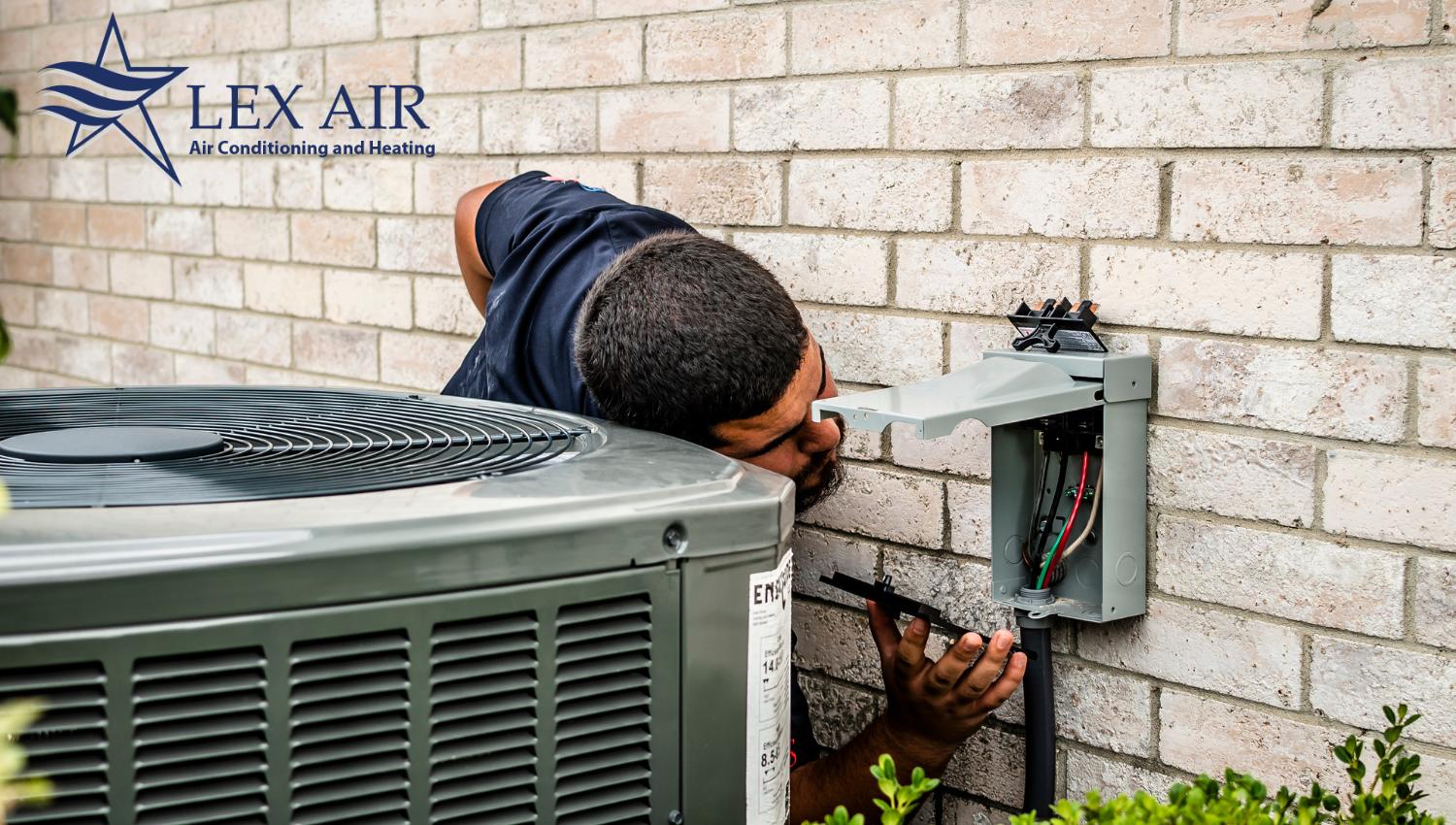
Energy Costs
Let’s talk about energy costs. We all dread that time of the month when you get your energy bill. Good air conditioner efficiency is key when it comes to keeping these costs down. However, even with an improved seasonal energy efficiency ratio, your bill may still end up on the more expensive side when your unit is old or faulty. In some cases, a repair (combined with annual HVAC maintenance) may help temporarily, but as far as future energy savings go, replacing might be the best way to proceed.
Thermostat Use
Do you run your thermostat to your personal preference every single day? Or do you run it on Auto? Something as simple as your thermostat use can cause wear and tear on your unit’s functions. If your unit is working hard to provide those couple extra degrees that you like, your HVAC unit is likely to wear down sooner than you would anticipate. When you set your thermostat on Auto, your home’s cooling can vary depending on the weather outside. It is advised that you run your AC at a comfortable temperature and leave it alone all day.
Climate
In Texas, we know how hot it can get on a summer day. Our climate is not very forgiving on our units. That’s why another factor we consider is the weather. The weather itself is very harsh on our AC units, as the hot sun can cause the cooling system to weaken. This, in turn, can often lead to high humidity. That condensation on your current system will show your unit’s age a lot sooner than you would like it to.
What is the Life Expectancy of an Air Conditioning Unit?
An AC unit’s life expectancy is typically between 15-20 years. However, there are also several factors to consider when determining the end of your air conditioner’s useful life. When your unit is initially installed for your home, the installation quality is a big factor. If the technician took proper measurements and installed your unit correctly, your unit will live longer and likely function efficiently for the 15-20 year span.
Another factor that can extend the lifespan on your unit is regular maintenance. When is the last time you’ve had an experienced licensed HVAC technician come look at your HVAC system? At Lex Air, we can come out and maintain your unit to help lessen your repair costs and minimize the risk for premature replacement. It is highly important to have your unit inspected yearly and replace your air filters regularly. When you call us to come out, we can provide the best quality service.
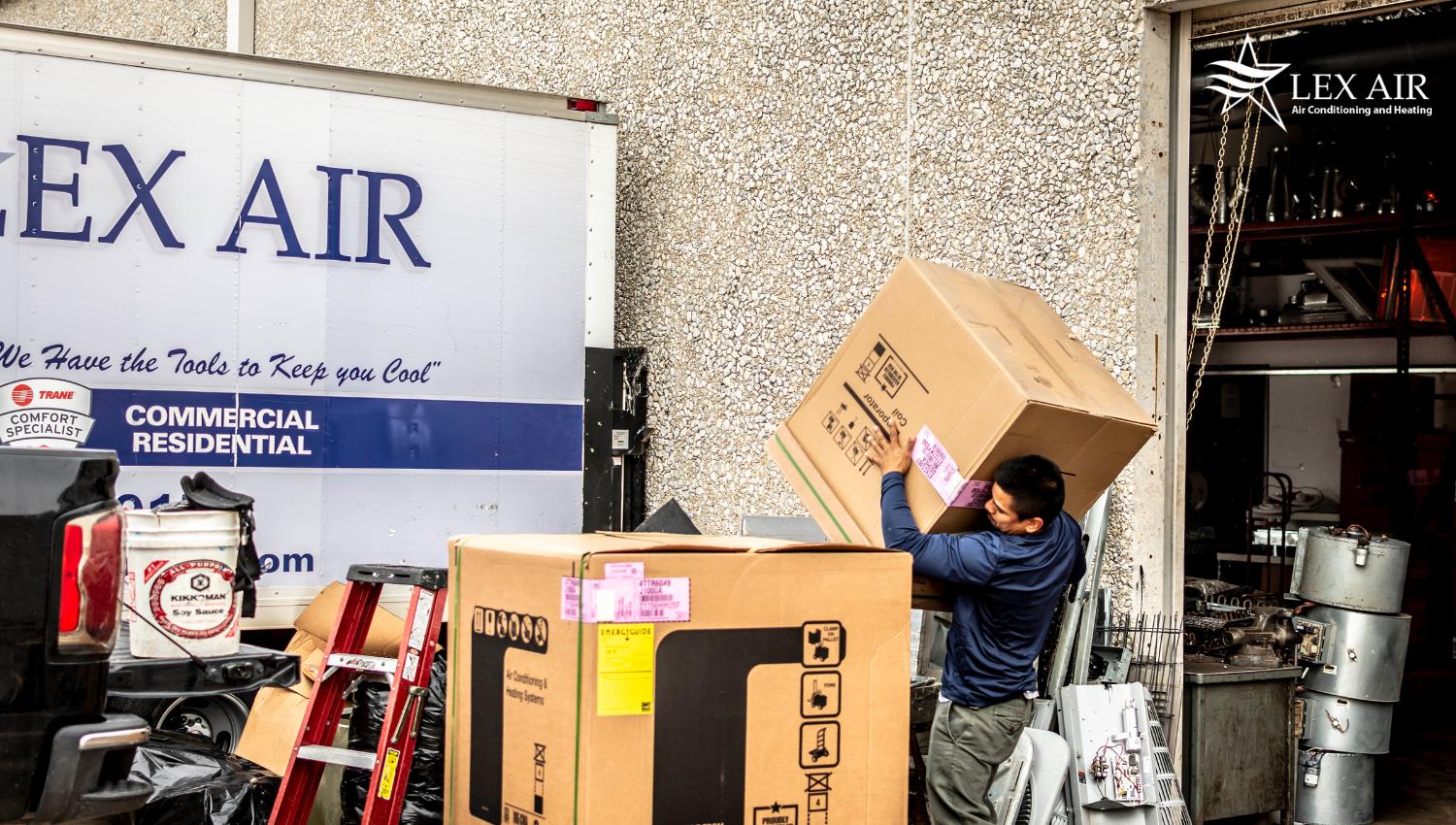
Cost of New Air Conditioner vs. Cost of Expensive Repairs
The cost of a new air conditioning unit is never an expense we want to make. As homeowners, we want our average cost for all things to be minimum. The national rate for a new unit can vary from unit to unit, but the average price range is typically between $4,000 to $8,000. This price does not include if your home needs additional ductwork added.
We also consider the seasonal energy efficiency ratio of your unit. The SEER rating is the ratio for your cooling output. It is divided by the energy your unit uses in Watt-hours and will be calculated over an entire cooling season by using your indoor temperature and outdoor temperature range. This can range from 60 degrees to 100 degrees plus. For example, the average 2,000 square foot home would typically need a 4-5 ton unit. This usually requires an installation cost of around $5500, with the unit being approximately $2,000 alone. We know this expense is a scary one. That is why we like to make this process a stress-free one for you.
Expensive repairs to your home’s air conditioners are also never a purchase you WANT to make. Even with proper maintenance, you must consider that in Texas, your home’s AC system likely gets a lot of use all year round. With that in mind, you will likely need to put up some money for repairs every now and again. The best thing you can do in either situation is to receive regular Carrollton air conditioning tune-ups to reduce the need for unnecessary repairs and early replacement.
General prices for HVAC parts:
- Capacitor – $400-$500
- Fan – $800-$2000
- Contactor – $300 to $500
- Heat exchanger – warranty will make price range between $1700-$2500
- Thermostat – $350-$2000
- Thermal expansion valve – $1200-$3000
- Compressor – $4500-$6000 depending on warranty of unit
- Heat Pump – $5000-$12,000
Broken Part or Broken Unit?
The prices for repairs will make any average American cringe. We hate having to spend so much on our units, but the truth is, even relatively inexpensive parts can cost you a lot of money if ignored. For example, if your air filter is not changed regularly, it can cause a clog and restrict the unit’s air flow. Your HVAC system will work harder and waste more energy. It will also lead to wear and tear on other parts of your furnace or AC prematurely. A filter should be changed at least every 3-6 months, if not sooner due to your area’s climate.
A faulty thermostat is another domino effect of an inexpensive part that can cause a bigger issue for your unit. A faulty thermostat can waste your energy bill by causing your unit to cycle on and off. Another instance is a leaky duct. A leaky duct can also make lose a significant amount of cooling and heating efficiency in your home. You will need to make sure you keep an eye out for issues in your ductwork. All these are great examples of inexpensive parts causing much bigger issues to your unit.
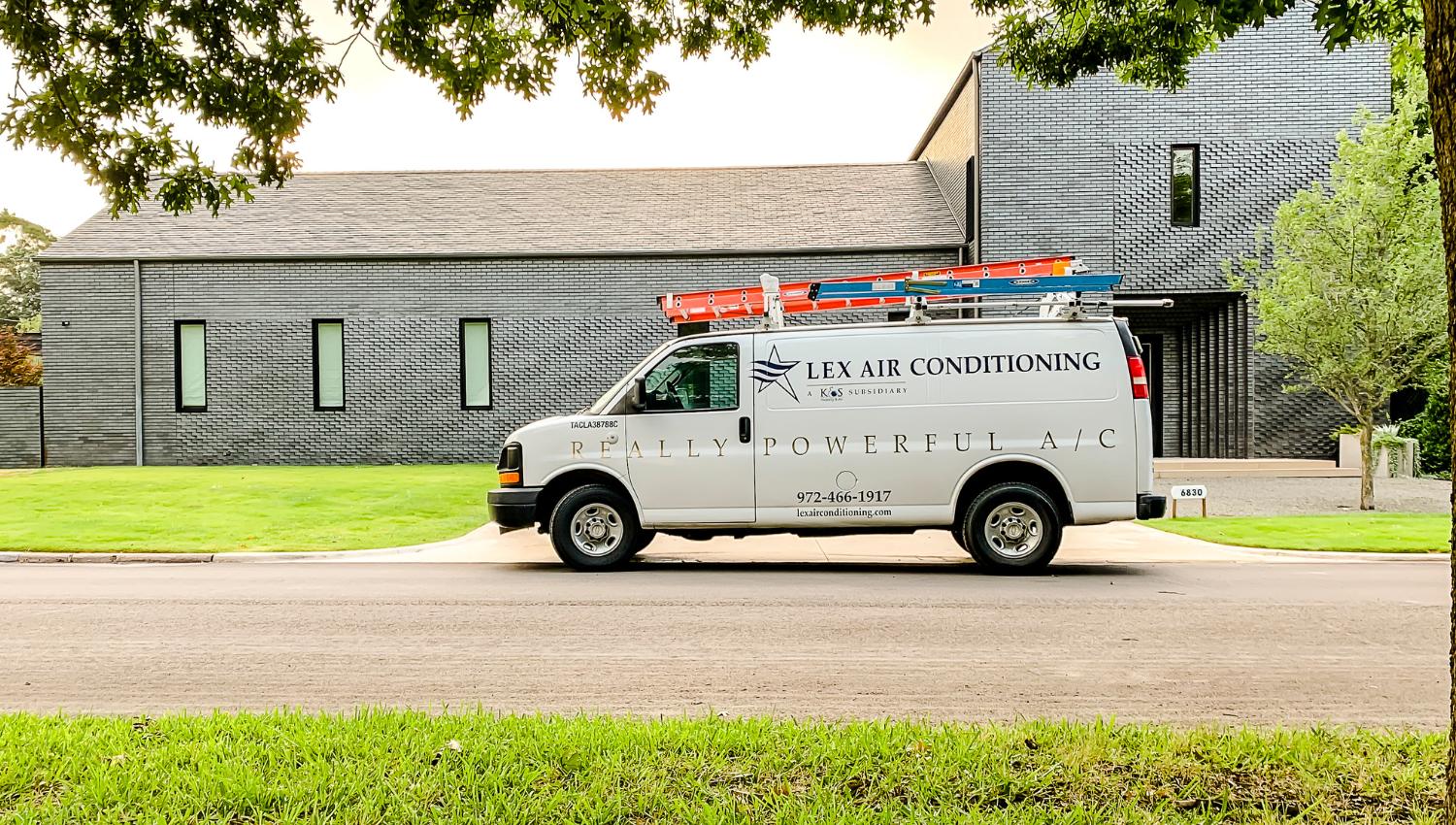
For a Free Inspection and Honest Advice, Call a Professional Carrollton HVAC Technician at Lex Air Today
At Lex Air, we have a fully equipped team of licensed contractors who have years of experience in the HVAC field. Our technicians have stocked company vehicles to provide you service on hand when you call. If they don’t have the part you need, they have a list of vendors who supply what you need at all times. We always make sure our team arrives in a timely manner and are professional in every way possible. We also give free estimates for every service we come out for. That means we can inspect your unit at no additional cost to you and give you our honest advice on what’s best for your home. Please call our team today at 972-217-8955
